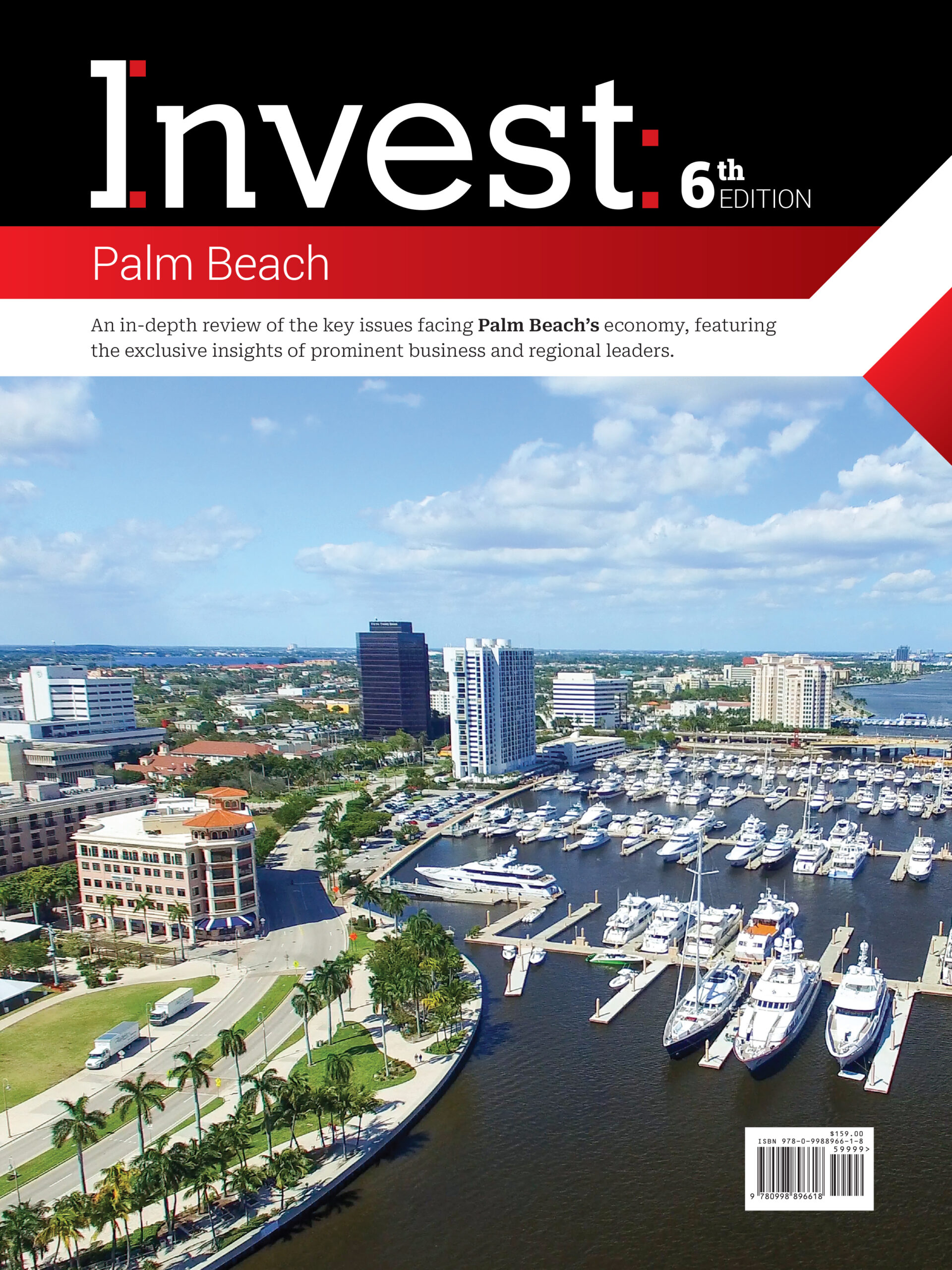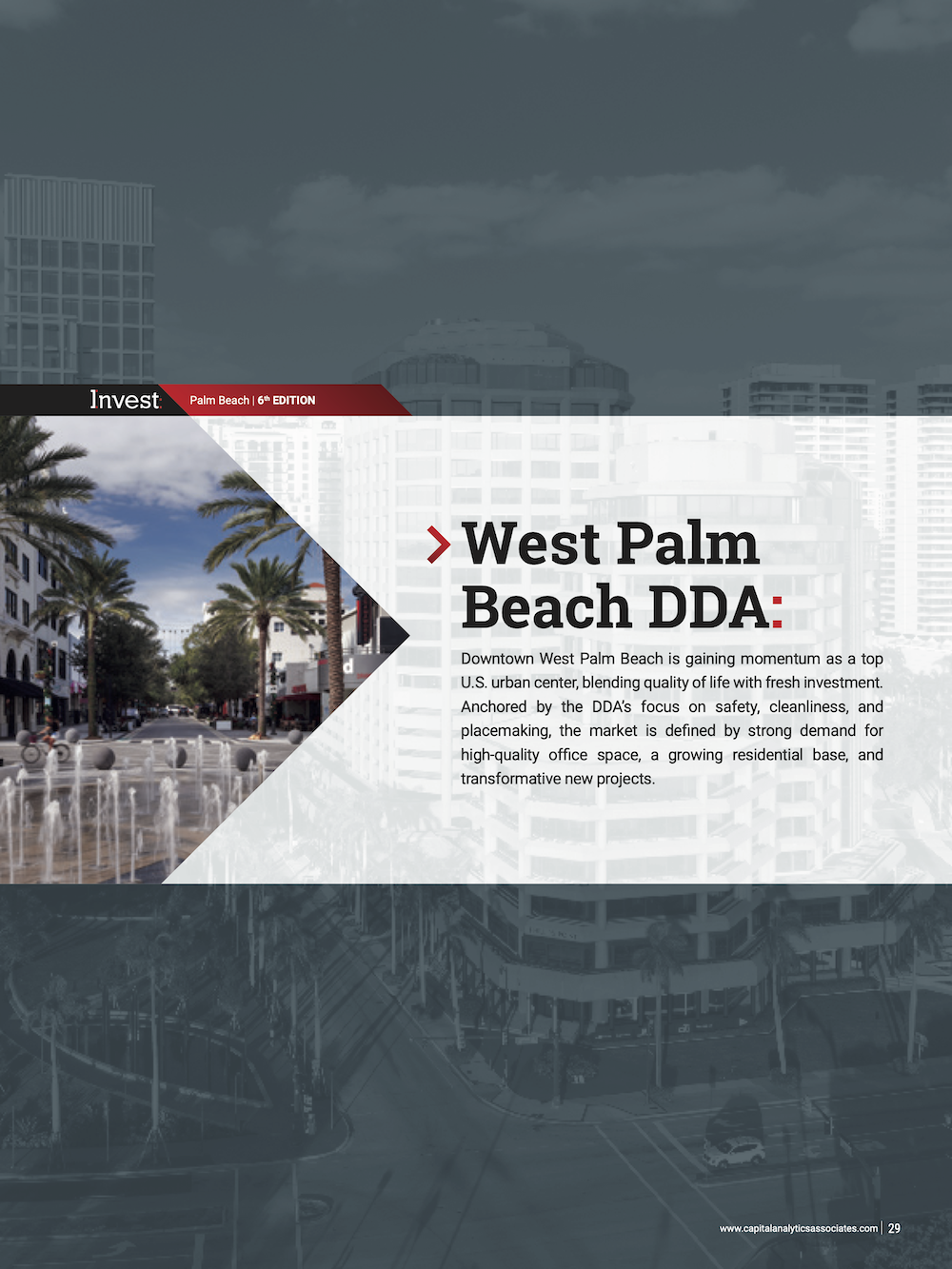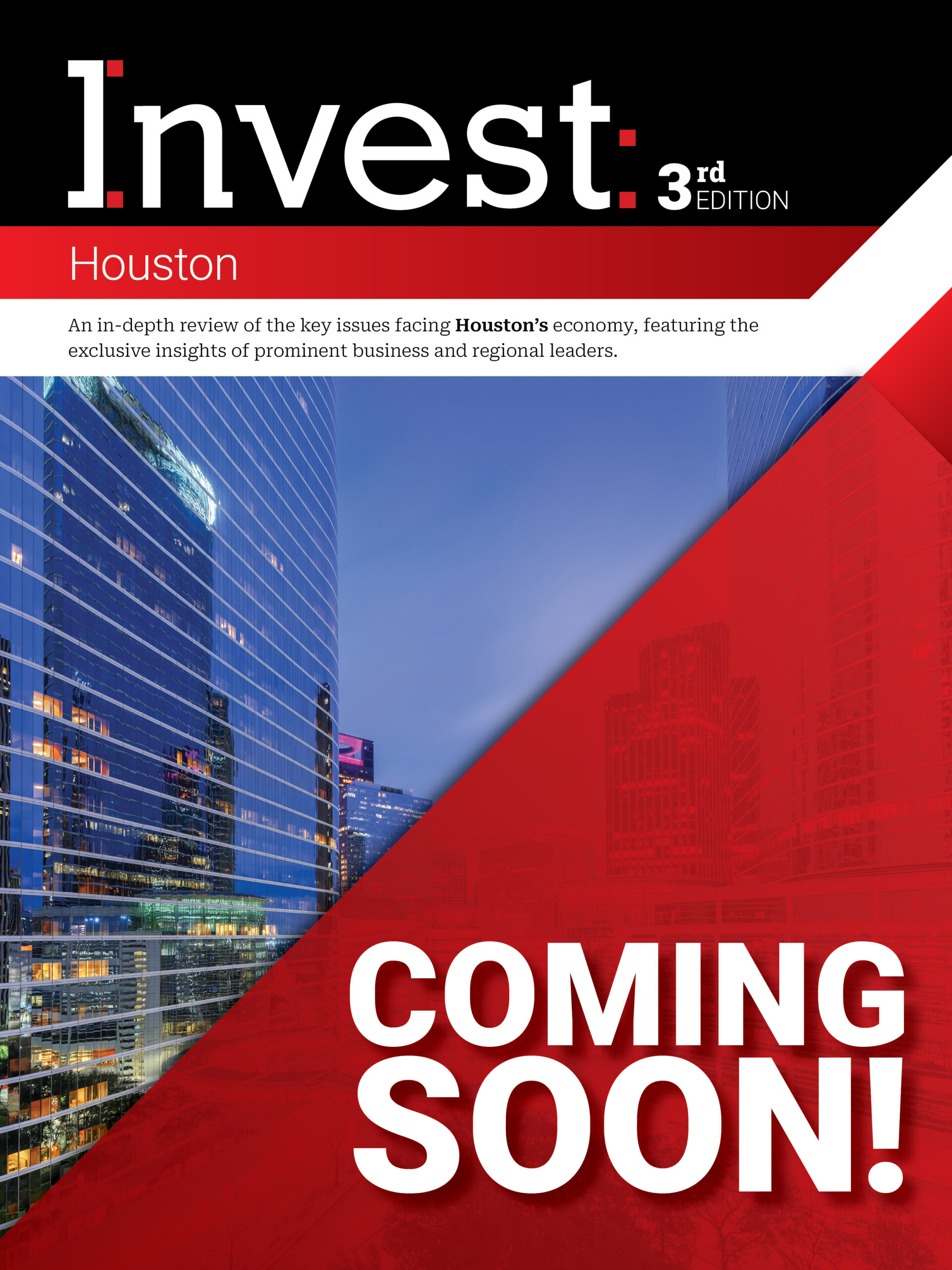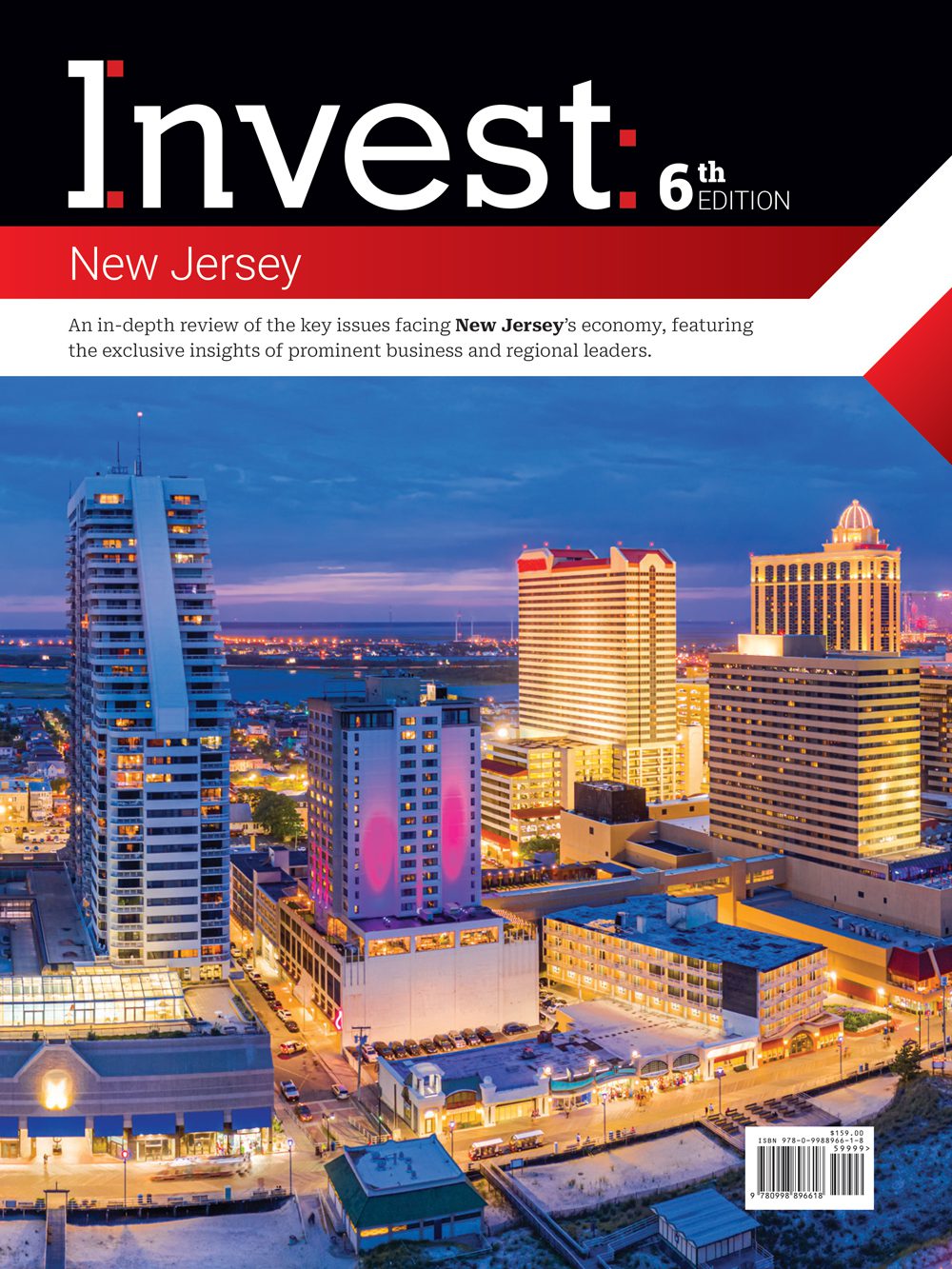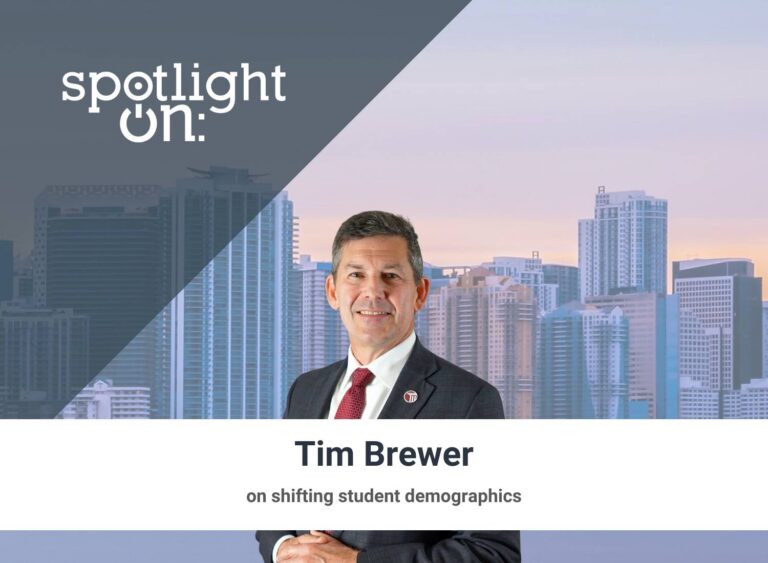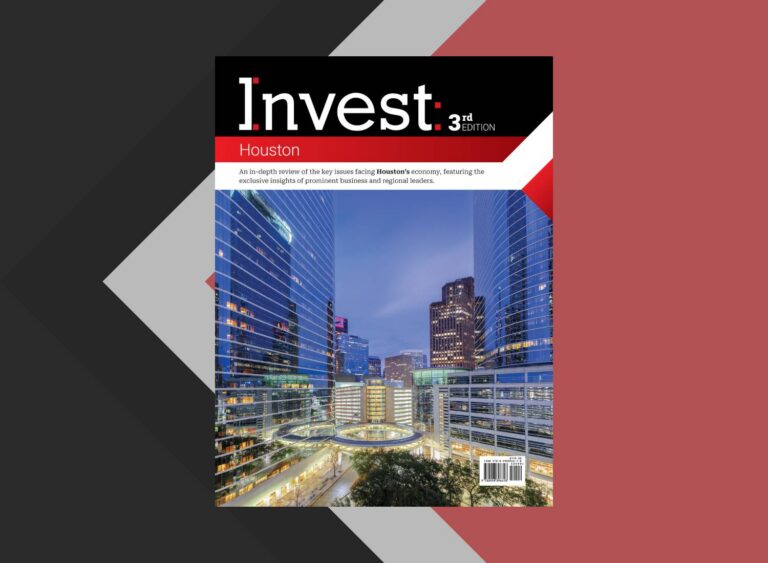Julie Chen, Chancellor, UMass Lowell
UMass Lowell has long played a pivotal role in the city’s economic and social fabric. How is the university currently collaborating with local government and businesses to drive economic growth and innovation in Lowell, particularly through the LINC project?
UMass Lowell has always been committed to being an integral part of Lowell’s growth, and today that partnership is stronger than ever. Through the Lowell Innovation Network Corridor (LINC), the university is working with the city of Lowell and a private developer to create on our campus more than one million new square feet of co-location space where industry professionals, faculty and students can work side by side advancing research and development, along with housing.
LINC will also benefit the city of Lowell’s further development of the Hamilton Canal Innovation District as additional companies seek to relocate to join growing industry clusters in Lowell built upon the expertise of UMass Lowell faculty and LINC’s anchor partners.
The UMass Donahue Institute has estimated LINC’s economic impact at $3.7 billion and 2,000 new jobs over the next decade.
In addition to LINC research and educational partnerships with Draper and Mass General Brigham and others, the university is also developing deeper ties with regional community colleges, Lowell public schools, the city’s nonprofit organizations and neighborhood groups. By working closely with federal, state, city, business and community leaders, we are aligning our growth opportunities with the needs of the local, state and regional economies.
The LINC project aims to enhance connectivity between the university and the city. Can you share what role the university envisions in shaping Lowell’s future infrastructure and community engagement?
The relationship between the city and the university is as strong as it has ever been because — in collaboration with organizations and leaders across Lowell — we are shaping the future together and collaboratively.
That’s why when we talk about bringing new businesses to Lowell, we’re also talking about housing needs, transportation and infrastructure enhancements, restaurants and entertainment. Too often in communities with large research universities, conversations happen only after a problem has developed. In Lowell, we’re working hard to invite everyone to the table and plan together for a future that benefits everyone.
For example, we’re coordinating with the city and National Grid to upgrade utility infrastructure in key locations to meet the increased needs of our industry partners. We are also working with the city (through MassWorks) and our federal leaders to identify funding to invest in multi-modal transportation and walkability infrastructure throughout East Campus and downtown Lowell to the Commuter Rail station.
The LINC development includes nearly 500 additional housing units, and the City of Lowell has multiple housing developments currently underway. The creation of a reenergized local restaurant, retail and entertainment sector is a central component to our holistic planning for Lowell’s economic growth. It’s not just about creating more jobs in Lowell, it’s about transforming this city into a destination that attracts young professionals and families and enhances the quality of life for Lowell residents.
In what ways is UMass Lowell aligning its academic and research priorities with the city’s needs to foster workforce development and ensure that graduates are equipped to contribute to Lowell’s evolving economy?
From robotics, cybersecurity and AI to climate tech to the life sciences, UMass Lowell has been very intentional in investing in areas of research expertise that align with the needs and priorities of the state’s economic development goals. By developing clusters of expertise with university researchers and industry experts, we create learning environments where students are learning working with industry professionals who may well become their colleagues and peers upon graduation.
One of the primary reasons companies like Draper are coming to Lowell is to take advantage of the talent pipeline from UMass Lowell, Middlesex Community College, Lowell High School and Greater Lowell Tech graduates. Nearly a quarter of the fall 2023 first-year UMass Lowell students have already completed a career-connected experience one year later. By the time they graduate, many will have had multiple professional experiences.
A key benefit of LINC and our recruitment of companies to Lowell will be to provide internships and co-op experiences to enable our students to work side by side with professionals at Draper, Mass General Brigham and many others. This will also increase the retention of our outstanding young alumni in Lowell and the Merrimack Valley region as they find compelling professional opportunities right here.
Finally, UMass Lowell has just this month announced workforce development programs with Bioversity and Vets Rise, programs aimed at helping residents in Lowell as well as veterans develop skills in the life sciences, an area of expertise for UMass Lowell as well as the Commonwealth.
Given the transformative projects currently taking shape at UMass Lowell, where do you see UMass Lowell in 2030 in terms of innovation and economic development?
Our research and partnerships with industry and government will continue to fuel the city’s transformation into a hub for technology and advanced manufacturing. Our graduates will be leaders in their fields, contributing to a vibrant local economy. The $3.7 billion economic impact and 2,000 jobs estimated by the Donahue Center will have transformed Lowell, where our focus on sustainability, community engagement, and infrastructure development will have reshaped the city into a model for other mid-sized cities looking to thrive in the 21st century.

